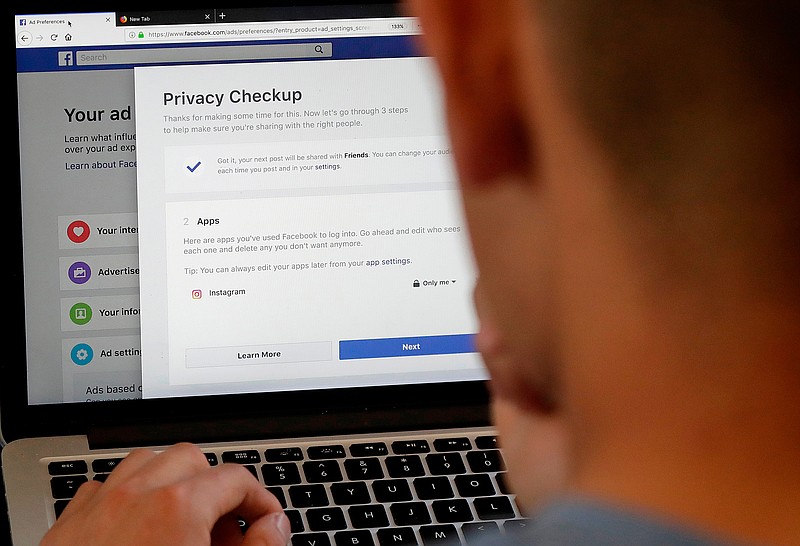Q. Considering the Facebook congressional hearing, is there concern for privacy standards and regulations?
A. Yes, only to the level of increased scam activity. Facebook and other social media are a great way to keep up with friends, look into businesses and let distant connections have a window into the user's world. Unfortunately, these social media outlets are also increasingly becoming the focus of internet scams.
There are three scams currently active on Facebook:
The first involves government grants. Scammers are either hacking into your Facebook friends' profiles or duplicating the account and adding you as a friend. The compromised account will refer you to a federal grant they just found out about or claim to have used. The goal of the scammer is to have your trust, since they are your "friend" and have you send a monetary deposit for access to grant money.
The second involves the "Facebook lottery." You will receive a Facebook notification alerting you to a message from either Mark Zuckerberg himself, or his chief operating officer, Sheryl Sandberg. The message states you are the "Facebook lottery" winner; the cash prize is hundreds of thousands of dollars. To obtain your winnings, you have to pay a fee, usually via iTunes gift cards. To further validate, sometimes the scammer will even call and impersonate either Mark Zuckerberg or Sheryl Sandberg. In some cases, the scammer will order you to open new credit cards, bank accounts or get a loan in an effort to collect the fee. (The "Facebook lottery" is not real.)
The third scam reported involves hacking. A scammer contacts a Facebook user claiming their account has been hacked. The scammer offers to fix the issue with a monetary, fully refundable deposit (up to $700) to be paid in American Express or iTunes gift cards. After the cards are purchased and their numbers scanned, the scammer accesses your computer by remote. Halfway through, the scammer will ask for more money to finish the job. If you ask for a refund, the scammer will ask for money to send the refund, as well.
Protect yourself from these scams:
1. Don't take the bait. If it sounds too good to be true, it is probably a scam.
2. Never pay money to receive money back in return. There is no acceptable reason why you have to pay money in order to receive money.
3. Taxes, fees and deposits. Taxes are paid after you collect income, not before.
4. Never wire money. Instant money transfers or money wires are the payment methods of choice for scammers around the world. Along with prepaid credit cards, wire transfers are virtually untraceable.
5. Be cautious of accepting friend requests from unknown people. This could be a scammer's attempt to gain access to your personal information.
6. Report scam profiles or suspicious activity. Facebook has instructions on how to report fake accounts or accounts that violate the terms of the site. Delete Spam Messages and alerts from your wall and Facebook inbox.
7. If you suspect your account has been compromised, alert Facebook. To report privacy breaches, direct reports to privacy@face book.com.
8. Confirm before you trust your "friends" online. Their account may have been hacked.
9. Never give control of your computer to a third party unless you know it is the representative of a computer support team you contacted.
To view or report scam and fraud activity, visit bbb.org/scamtracker.
Jim Winsett is president of the Better Business Bureau in Chattanooga.

